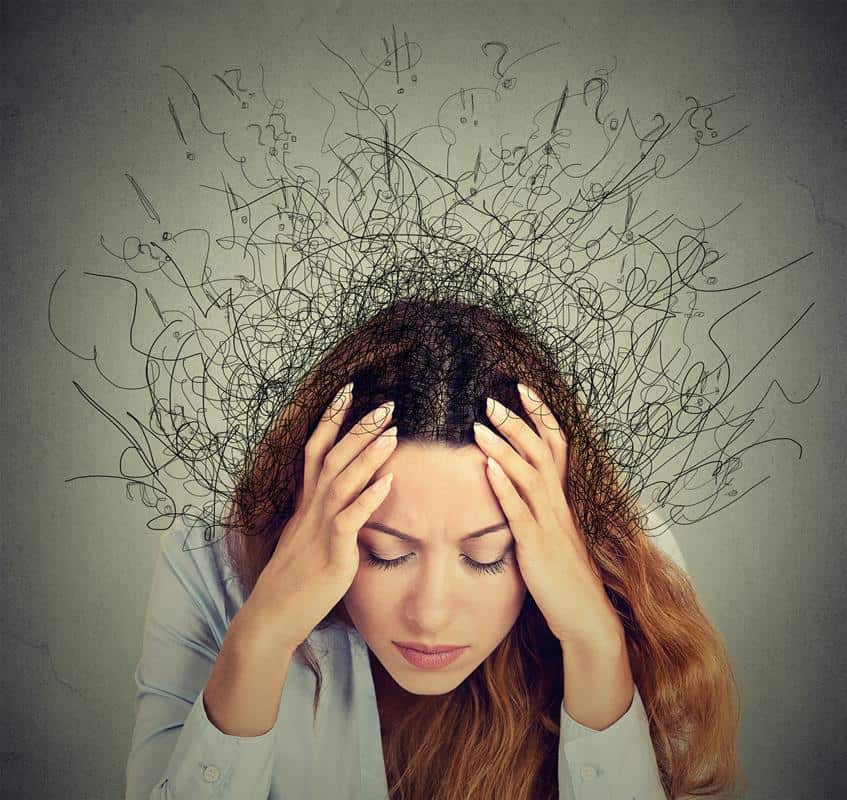Are you suffering from more worry or dread than usual lately? Do you find yourself overthinking or assuming the worst-case scenario will happen?
Nothing makes us more anxious than thinking we must face something immense all by ourselves. Having someone listen to you talking about your anxiety can go significant lengths in alleviating that feeling. You’re not alone.

Anxiety is a feeling of worry or persisting fear about the future. It is characterised by an increased state of arousal and apprehension, as well as the activation of multiple bodily systems in response to a dangerous or stressful situation, real or imagined. Unlike fear, which is a response to an immediate danger, anxiety is an ongoing sense of worry, which may lead to avoidance of situations that trigger the anxiety. Persistent, pervasive, and severe anxiety may signify the presence of an anxiety disorder, such as obsessive-compulsive disorder (OCD), social anxiety disorder, or panic disorder.
Causes
Anxiety may be the response to a stressful life event, such as relationship issues, bereavement, illness, or work/financial stress. Someone may also be susceptible to developing anxiety based on their genetics or temperament. As well as this, the uncertainty of modern life and the influence of social media have been identified as potential influences on the increase in reported levels of anxiety.

Symptoms
Some symptoms of anxiety include restlessness, irritability, sense of dread, difficulty concentrating or making decisions, repeatedly seeking assurance, avoiding situations that cause worry, and changes in appetite. Other physical symptoms include sweating, shortness of breath, trembling, headaches, sleep issues, irregular heartbeat, and muscle tension.
Treatment
There are several lifestyle changes and strategies that help to manage or reduce anxiety, such as challenging unhelpful thoughts, managing screen time, journalling, breathing exercises, mindfulness, physical activity, healthy eating, developing a good sleep routine, medication, and talking about it with someone. Cognitive-Behavioural Therapy (CBT) has been found to be quite effective in treating anxiety, as well as Exposure Therapy, which gradually and safely exposes people to their fears in small doses, so that they eventually no longer feel the need to avoid them.
For more information about anxiety, please see the resources below.

References & Resources
Anxiety Ireland. (2023). Generalised Anxiety.
Retrieved from: https://www.anxietyireland.ie/general-anxiety/
HSE. (2022). Anxiety – Tips and Self-Help.
Retrieved from: https://www2.hse.ie/conditions/anxiety-tips-and-self-help/
Mental Health Ireland. (2024). Anxiety.
Retrieved from: https://www.mentalhealthireland.ie/wp-content/uploads/2022/04/Anxiety-Booklet-1.pdf
Psychology Today. (2024). What is Anxiety?
Retrieved from: https://www.psychologytoday.com/ie/basics/anxiety
Helplines
Aware – 1800 80 48 48
Childline Ireland – 1800 66 66 66
Grow – 0818 474 474
Pieta House – 1800 247 247
Samaritans Ireland – 116 123
For more, see Mental Health Ireland helpline resources: https://www.mentalhealthireland.ie/get-support/